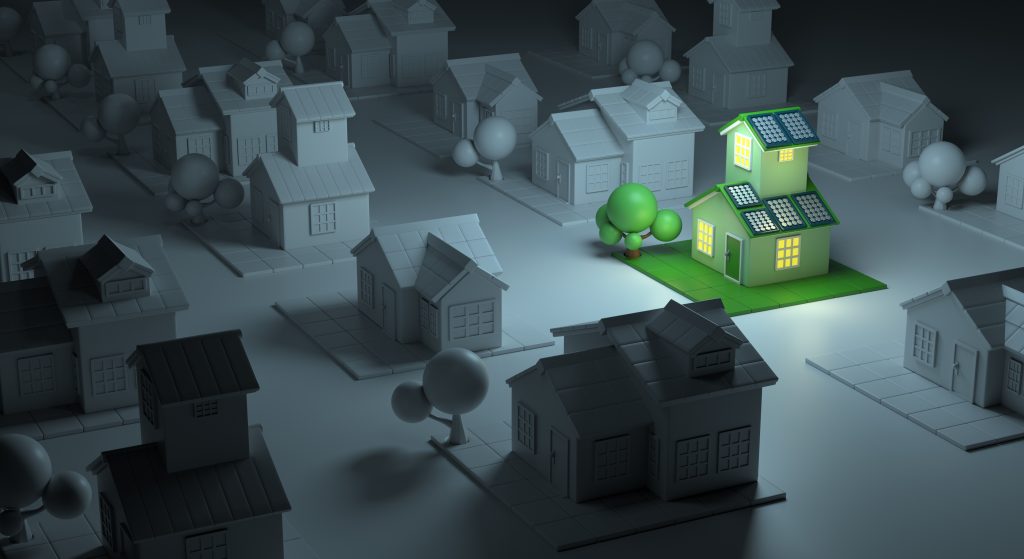The duration of a power outage can significantly vary, influenced by the nature of the cause, the extent of the damage, and the resources available for restoration. Minor outages, often resulting from equipment failure or routine maintenance errors, can typically be resolved within a few hours. In these cases, utility companies can quickly identify and address the issue, restoring power to affected areas promptly. However, the restoration process can be considerably more complex and time-consuming when outages are caused by major disasters such as hurricanes, severe storms, floods, or significant equipment failures affecting large portions of the power grid. Such events may cause extensive damage to the power infrastructure, including downed power lines, damaged transformers, and compromised substations, which require substantial repair efforts. In these scenarios, blackouts can last from several days to weeks, depending on the severity of the damage and the challenges faced by repair crews, such as inaccessible areas or ongoing adverse weather conditions.

The average price for electricity in the province has been higher than in previous years, with 2023 being no exception. This price hike can be attributed to several factors, including changes in supply and demand, weather patterns, and global market fluctuations.
One major factor contributing to the high cost of electricity in Alberta is the province’s reliance on natural gas as a primary energy source. As the price of natural gas increases, so too does the cost of electricity generated by gas-fired power plants. In addition, the province has experienced some extreme weather events recently, including wildfires and floods, which have disrupted power generation and transmission infrastructure, leading to higher costs.
There are also several local and federal policy factors, such as the provincial carbon tax, which has increased the cost of fossil fuel-based energy sources. This policy aims to incentivize the transition to renewable energy sources, which are generally cheaper and more sustainable in the long run.
Canada sources its electricity from a mix of energy sources, which varies by province. Common sources include hydroelectric power, nuclear energy, natural gas, coal, wind, solar, and biomass. Hydroelectric power is the dominant source, accounting for a significant portion of the country’s electricity generation. Other sources are used to varying degrees based on regional availability and environmental considerations.
An energy company encompasses organizations involved in various aspects of the energy sector, including exploration, production, refining, distribution, and sale of different types of energy resources like fossil fuels and renewable energy. They have a broader scope and may operate in multiple sectors such as electricity generation, oil and gas extraction, and energy services. On the other hand, an electric company specifically focuses on the generation, transmission, and distribution of electricity. They are responsible for producing and delivering electrical power to consumers, managing power plants and infrastructure like power grids and distribution networks. Their primary focus is on meeting the electricity needs of residential, commercial, and industrial customers.
Electricity reaches your home through a complex distribution system starting at power plants generating electricity. From there, electricity travels over high-voltage transmission lines that carry it across long distances to substations where the voltage is reduced. These substations then distribute electricity through lower-voltage distribution lines that extend into neighbourhoods and communities. Transformers lower the voltage to a level that can be used in your home, typically stepping it down to the standard household voltage. Finally, the electricity travels through the service line to your home’s electrical panel, from where it is distributed to outlets and appliances. This network ensures that electricity generated miles away lights up your home and powers your devices.
If you encounter any issues with your metre, the best course of action is to contact your electricity distributor. They are responsible for maintaining and operating the electricity network in your area, which includes the metreing infrastructure. They will be able to assist you with any problems related to the metreing of your electricity usage, such as inaccurate readings or faulty equipment. While Peace Power, as a retailer, manages your account and billing information, they do not have control over the physical metre itself. Therefore, it’s important to reach out to your electricity distributor directly for any metre-related concerns.
When a power blackout occurs, utility companies immediately spring into action to identify the cause and begin restoration efforts. Their response starts with an assessment phase, where the extent and location of the outage are determined using advanced monitoring systems and customer reports. Once the cause and affected area are identified, repair crews are dispatched to the site of the problem. These crews prioritize repairs that will restore power to the largest number of customers first, often starting with significant transmission lines and substations before moving to smaller distribution lines that serve individual neighbourhoods. Critical facilities such as hospitals, emergency services, and water treatment plants may receive priority to ensure public safety and health. Utility companies communicate with customers through various channels, including social media, their website, and local news outlets, providing updates on repair progress and estimated restoration times. Modern utilities may employ intelligent grid technologies to isolate and address outages quickly. These efforts aim to minimize the duration of blackouts and restore normal operations as safely and efficiently as possible.
Links